-
Comprehensive study guide for ATI RN Med-Surg 2025
-
Practice questions with detailed rationales
-
Focuses on adult medical-surgical nursing concepts
-
Ideal for nursing students preparing for the exam
-
Enhances critical thinking and exam readiness
Preview
A nurse is providing postoperative teaching for a client who had a total knee
arthroplasty. Which of the following instructions should the nurse include? – – correct
ans- -Flex the foot every hour when awake.
Rationale: The nurse should instruct the client to flex the foot every hour to reduce the
risk for thromboembolism and promote venous return.
A nurse is caring for a client who has a pneumothorax and a closed-chest drainage
system. Which of the following findings is an indication of lung re-expansion? – – correct
ans- -Bubbling in the water seal chamber has ceased.
Rationale: Bubbling in the water seal chamber ceases when the lung re-expands.
A nurse is reviewing the medical record of a client who is taking warfarin for chronic
atrial fibrillation. Which of the following values should the nurse identify as a desired
outcome for this therapy? – – correct ans- -INR 2.5
Rationale: Clients receive warfarin therapy to decrease the risk of stroke, myocardial
infarction (MI), or pulmonary emboli (PE) from blood clots. Since warfarin is an
anticoagulant, the medication must be monitored to ensure the anticoagulation is
within the therapeutic range and prevent hemorrhage (high levels of anticoagulation) or
stroke, MI, or PE (low levels of anticoagulation). An INR of 2.5 is within the targeted
therapeutic range of 2 to 3 for a client who has atrial fibrillation.
A home health nurse is providing teaching to a client who has a stage 1 pressure injury
on the greater trochanter of his left hip. Which of the following instructions should the
nurse include in the teaching? – – correct ans- -Change position every hour
Rationale: Changing position every 1 to 2 hr decreases pressure on bony prominences.
The nurse should also instruct the client to limit the angle of the hips when in a lateral
position to no more than 30°. This positioning prevents direct pressure on the
trochanter.
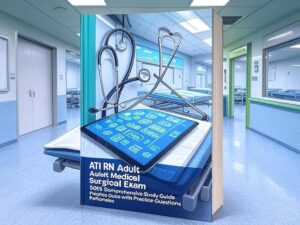
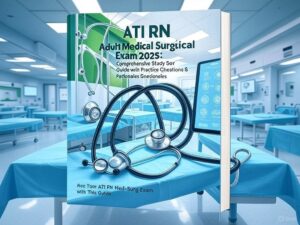



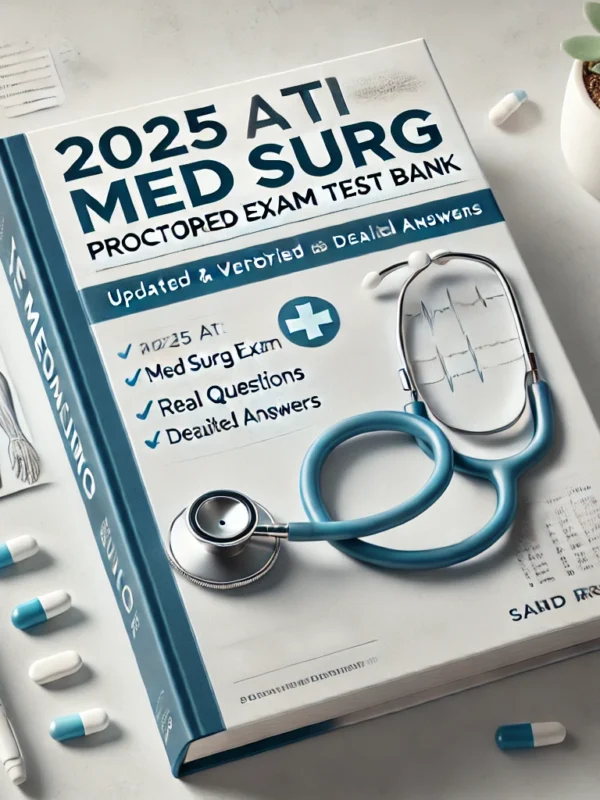
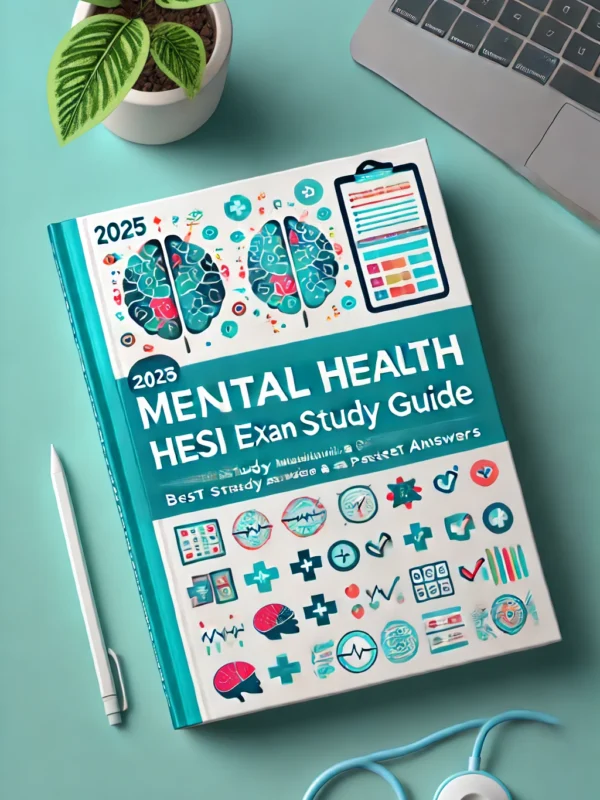
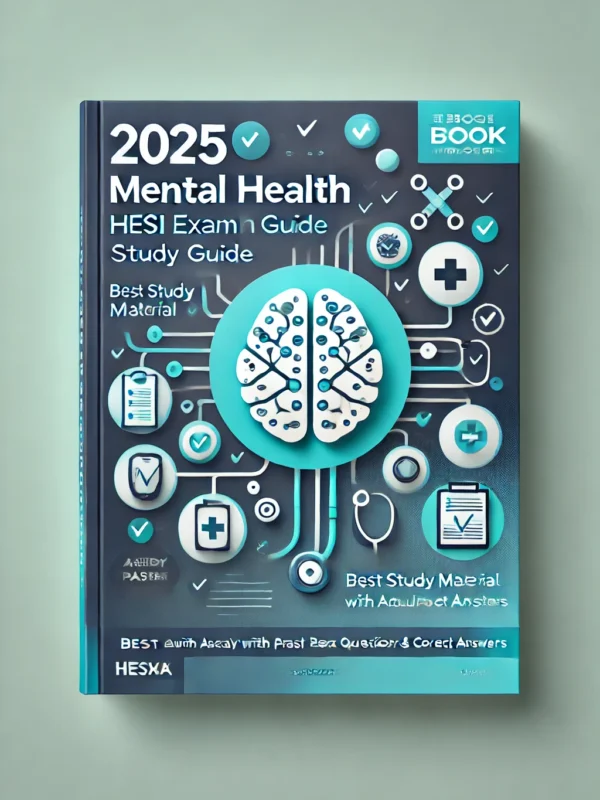

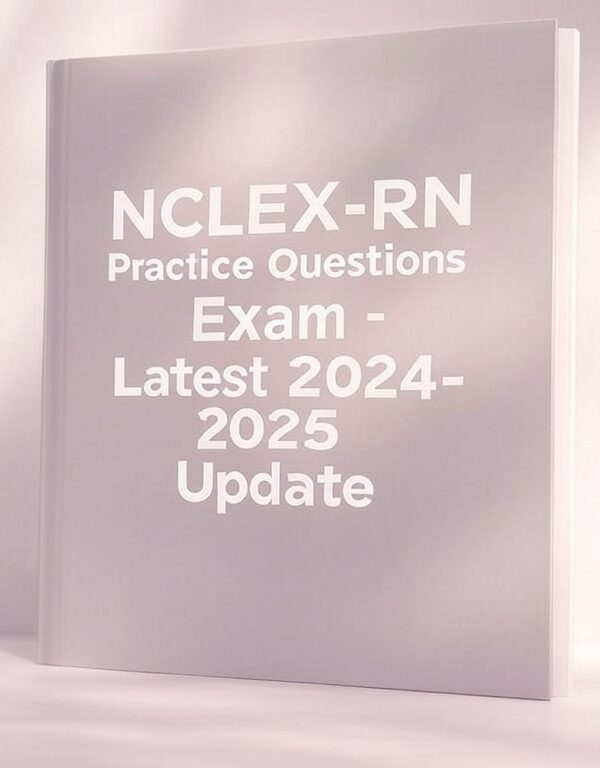
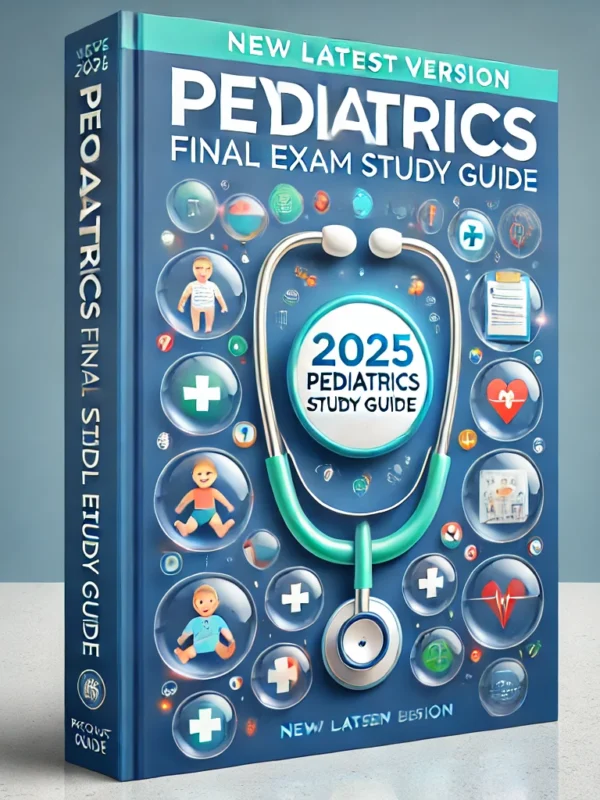
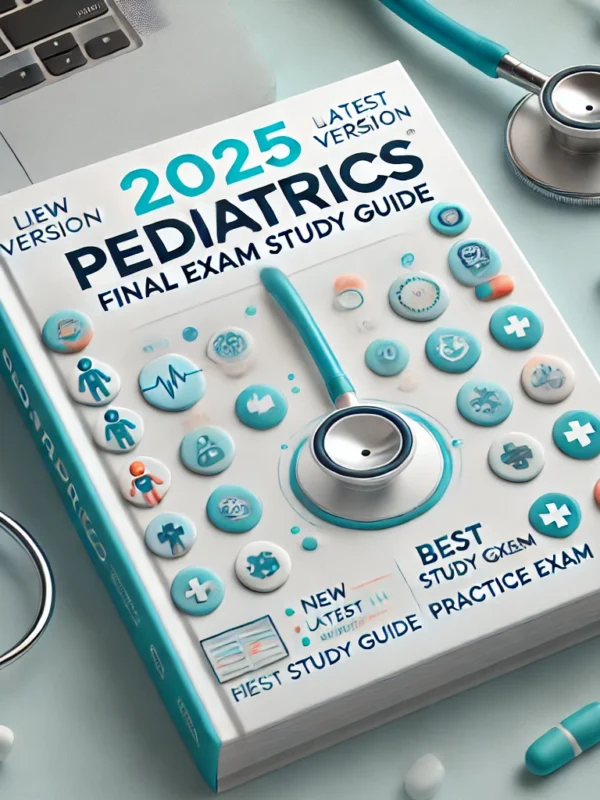
Reviews
There are no reviews yet.